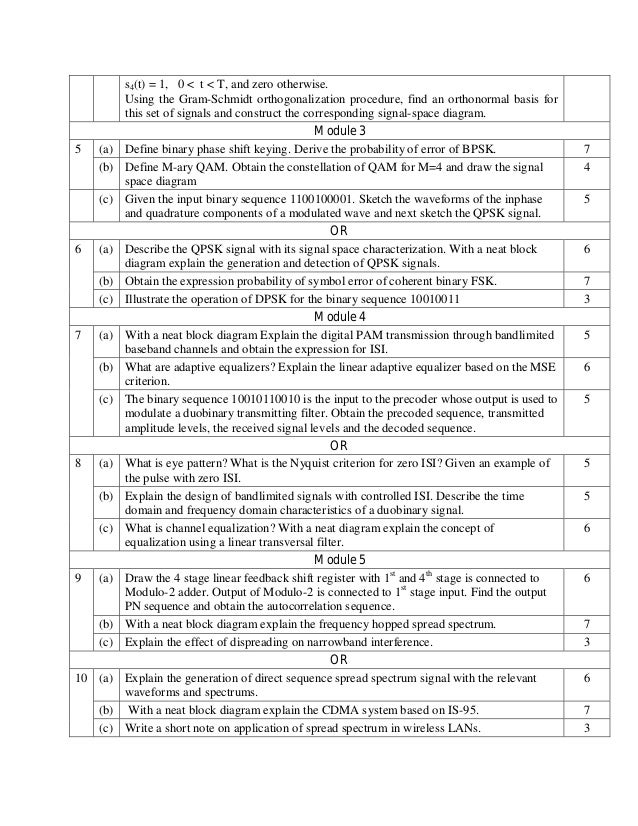Cmos Vlsi Vtu Notes Cbcs

Visvesvaraya Technological University, Belagavi. 6th Semester, B.E (CBCS) ECE Course: 15EC63- VLSI DESIGN. B Derive the CMOS inverter DC characteristics. Jan 27, 2018 - Question Paper Description. VTU ELECTRONICS AND COMMUNICATION. LOW POWER VLSI DESIGN: VIEW: 06EC666: MODERN.
VTU is one of the biggest Technological University in India, having 194 colleges affiliated to it with under graduate course in 28 disciplines and PG Programme in 71 disciplines. The intake at UG level is about 67100 students and at the PG level it is about 12666 students. The University has 13 QIP centre in various affiliated colleges and 16 extension centres for offering PG programmes. There are over 2305departments recognized as research centres. At present over 1800 students / faculty are registered for Ph.D degree and over 180 students are registered for their Msc. This year the University is awarding 120 Ph.D Degrees and 50 M.Sc (Engg) Degrees.
The Faculty has published around 694 research publications in the year 2009-10. The University has recently started MBA and M.Tech.
Programme at Belgaum with about 205 students studying in all. Sixteen from among the affiliated colleges were recognized to get assistance under the World Bank supported. TEQIP program in the I Phase.
11 madison park cookbook pdf. Eleven Madison Park is a fine dining restaurant located in the heart of New York City. The restaurant overlooks one of the most beautiful parks in Manhattan, Madison Square Park, and sits at the base of a historic Art Deco building on the corner of 24th Street and Madison Avenue. Eleven madison park: the cookbook (pdf) by daniel humm (ebook) Eleven Madison Park is one of New York City's most popular fine-dining establishments, and one of only a handful to receive four stars from the New York Times. Eleven Madison Park: The Cookbook by Daniel Humm in DOC, FB2, FB3 download e-book. Welcome to our site, dear reader! All content included on our site, such as text, images, digital downloads and other, is the property of it's content suppliers and protected by US and international copyright laws.
This year as a novel measure academic autonomy has been provided to 17 affiliated Colleges after due processes. The University has very successfully achieved the tremendous task of bringing various colleges affiliated earlier to different Universities, with different syllabi, different procedures and different traditions under one umbrella. The University implemented common curriculum for UG in 1998 and revised syllabi again in 2002 for all the courses and uniform procedures were adopted.
As a further step in standardization, the subjects & syllabi of related branches are being made common upto the fourth semester. The University has already revised the syllabus of MBA with effect from the academic year 2001-2002 and has now revised the syllabi of all M.Tech courses & MCA. The University plans to bring in further flexibility in the curriculum, so that any changes or revisions may be introduced particularly with respect to electives, as and when the technology changes or the need arises. The University has MOU’s with various leading organisations like IBM, INTEL Asia Electronics Inc., Ingersoll-Rand (India) Ltd., Bangalore and Microsoft. These MOU’s will help in various ways to train the faculty, conduct teachers training workshops, student projects and enable the colleges affiliated to the University to get software at a highly subsidized rate. Already Intel has arranged many training programmes for Engineering College Teachers.
153 teachers were trained by Microsoft. These MOU’s will further the Technological growth of the state. Many of the industries are showing keen interest in participating in the curricular activities of the University and the University is negotiating with them for such participation. In this direction, a Campus wide network at Machche with a fiber optic backbone, having about 1000 data access points interconnecting all the existing and proposed buildings is being set up.
The campus network uses the state of art network tiered architecture with Edge and Core switches and scalable distributed network topology. This network will meet the computing demand of PG students in the campus, provide eLearning environment, access to digital library, support examination, administration work and more importantly have sufficient bandwidth for Videoconferencing from any network access point. Further, the VCONET: VTU Colleges Network will enable sharing of faculty expertise among colleges, collaboration among peer groups, even out digital disparity among rural and urban engineering colleges, provide infrastructure for online examination system, portal to different digital libraries all over the world and support many more innovative applications on the net expected in future. The University intends to start Nodal Training Institute for training the staff of engineering colleges similar to the staff training colleges functioning in other Universities.